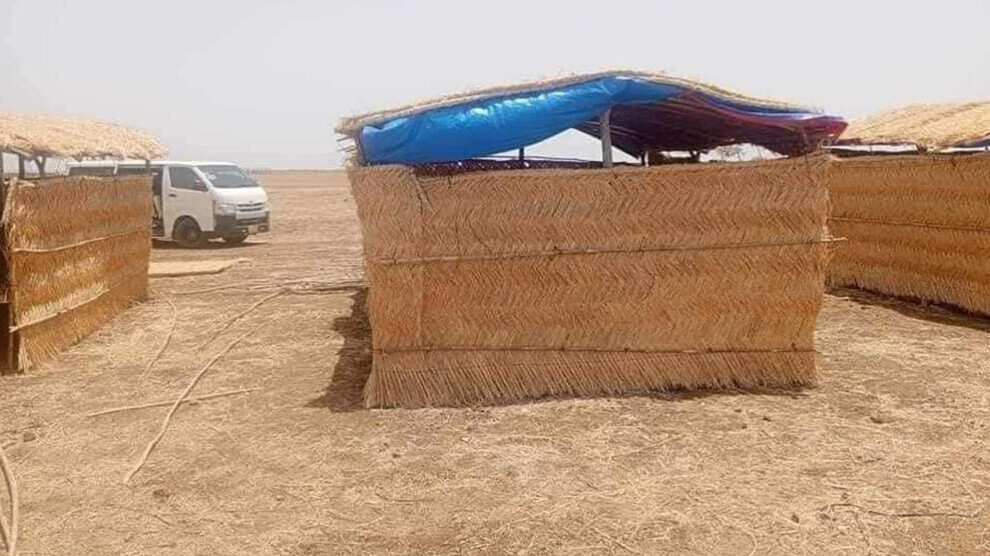Displaced women in Sudan living under inhumane conditions
Internally displaced women in Sudan struggle to survive from the shadow of the ongoing war in Sudan and inhumane conditions in shelters.

MERVAT ABDULKADIR
Sudan- Hundreds of internally displaced women, who fled their homes to save their children and provide a better life for them, struggle to survive in shelters in Sudan. More than 10 million people in Sudan have fled their homes as war that erupted between the Sudanese Armed Forces (SAF) and the Rapid Support Forces (RSF) in Sudan on April 15, 2023 continues and 80 per cent of those internally displaced are women and girls, according to the international reports.
She got kicked out for complaining
A.M., one of the internally displaced women living in shelters, got kicked out of a shelter for complaining about the inhumane conditions. “I have no place to stay now because the officers kicked me and my five children out of the shelter.”
The situations of pregnant women is especially worse
Namariq Numeiri, a displaced women from Port Sudan, talked about her difficult journey from Khartoum. “Since there was no transportation, I had to walk thousands of kilometers with my children. Then, we reached Al Jazeera province. We were displaced from there a few days later,” said Namariq Numeiri, stressing the suffering of women, especially pregnant women in IDP shelters. “Pregnant women suffer from the lack of medical support. They need money for examinations, the birth process, care of newborn babies and nutrition. However, the authorities do not allow male family members to work and deport them. There is no privacy in shelters and children are in need of special care.”
‘People are turned into beggars’
The government does not fulfill its responsibility for the displaced people in the states under the control of the Sudanese Armed Forces, especially in the north of Sudan and the Nile River, said Amira Osman, a human rights defender in Sudan and leader of the No to Oppression against Women Initiative. “Displaced people are treated as if they had arbitrarily left their homes. The government acts as if it is not responsible for displacement. People living in shelters are left alone. Due to economic collapse in the country, people have lost their jobs and business. They are turned into beggars.”
Call on authorities
Amira Osman drew attention to the living conditions and suffering of women living in IDP shelters. “The shelters are overcrowded and women living in the shelters suffer from the lack of basic services; they have no access to clean water, food and privacy. The shelters do not have health facilities providing services to displaced people. I call on the authorities and the government to provide safe shelters so that displaced people can have a safe life.”
